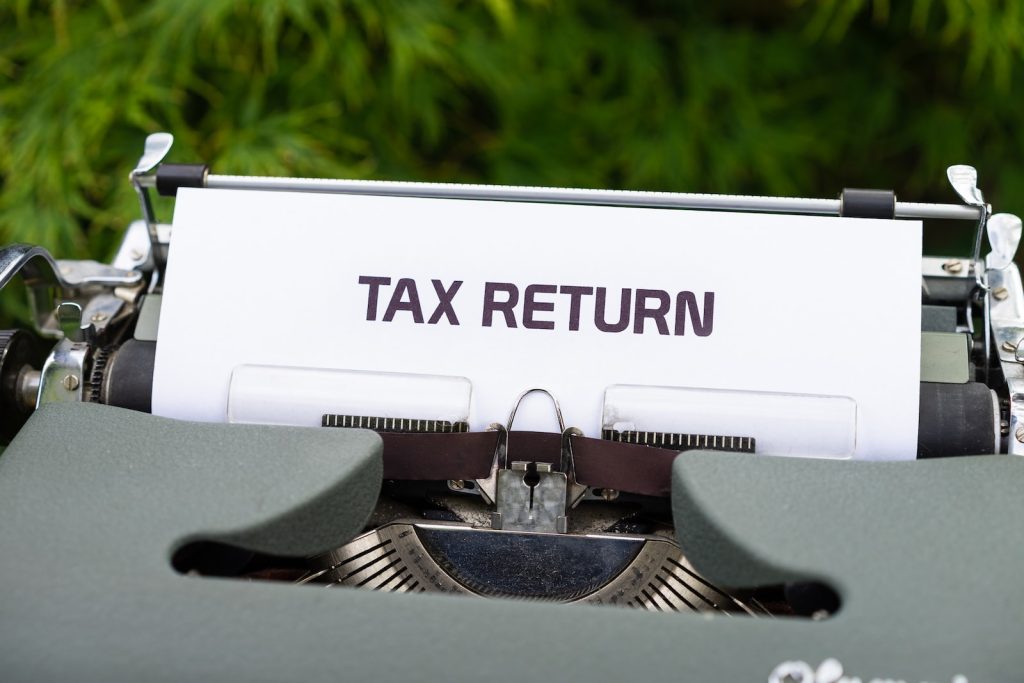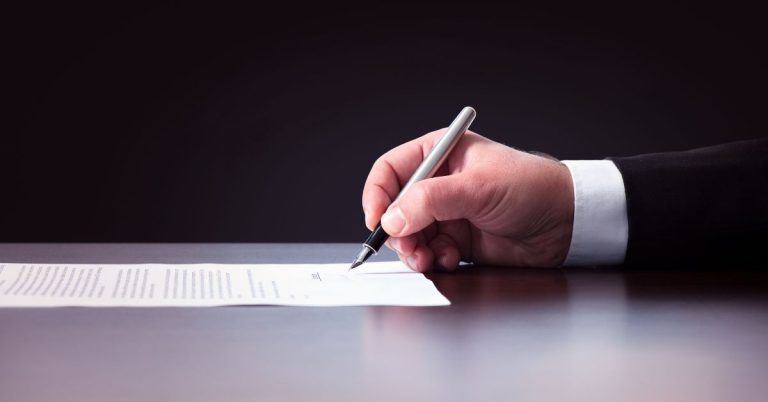Claim Back Income Tax: Automatic Refund Via HMRC
How can I claim my tax refund?
Claiming back overpaid tax isn’t difficult. In fact, it’s pretty straightforward. If you’re entitled to a refund, you simply fill out a form – either online or via post – and send it off to HM Revenue & Customs (HMRC). HMRC will then process your request and issue you with a refund.
However, there’s one thing you must remember: you’ll need proof that you’ve paid too much tax. This could include invoices, bank statements, receipts or anything else that proves you’ve paid more than you owe.
If you’re claiming back overpaid NI contributions, you won’t be able to make a claim unless you filed a tax return during the relevant period. So, if you didn’t file a tax return, you won’t be eligible to claim back overpaid NI contributions.
You can still claim back overpaid income tax though. But you’ll need to prove that you did pay some tax. And you’ll need to show that you haven’t already claimed back any money.
To help you decide whether to claim back overpaid tax, here’s everything you need to know about how to claim back overpaid income and national insurance.
Claiming back an overpayment is easy. But there are many complications that arise depending on what type of earnings you have received.
Investors should check whether any investments involve tax relief before making an investing decision.
How can I determine if I have overpaid tax?
To work out exactly what you pay in tax, you must know what income you earned and how you spent it. You might think that you don’t have enough information about your finances to make such calculations. But it turns out that there are lots of free tools online which can help you to work out exactly how much you owe.
The most popular way to work out how much you owe is to use HM Revenue & Customs’ online calculator. This allows you to enter your earnings and expenses into a form and see instantly how much you’ve overpaid or underpaid.
However, there are other calculator work out exactly what you’re paying in tax. These include:
• www.taxback.com – this tool calculates your personal allowance, national insurance contributions, basic rate tax band and additional rates.
• www.mymoneyonline.co.uk/calculate – this tool lets you choose which type of income you’re working on and gives you a breakdown of your total taxable income.
• www.freefreetaxes.org.uk – this tool works out how much you’ll pay in income tax based on your salary, savings and investments.
• www.moneysavingexpert.com/how-much-youre-paying-in-income-tax/ – this site uses a similar approach to the one above, but includes some extra features like calculating your council tax and utility bills.
How do I calculate my tax obligation?
To work out your tax liability, you need to know what you are taxed on. You must include your gross salary, rental payments, pension contributions, child benefit, National Insurance, and any other benefits you receive. This is known as your taxable income. Taxable income includes any income or gains, including interest earned, dividend payments, capital gains, pensions, and allowances.
You deduct any expenses you pay, such as rent, mortgage repayments, childcare costs, utility bills, council tax, insurance premiums, and any other deductions you make. These are called allowable losses. If you still owe money to HM Revenue & Customs (HMRC), you can use the tax calculator to work out how much you owe.
If you want to find out if you owe tax, enter your details into the HMRC tax checker. The tax checker works out how much you owe based on information you provide. However, it won’t tell you whether or not there is anything due.
What are the time constraints for tax refunds?
Overpaid tax is any amount paid which exceeds what is due. This includes income tax, national insurance contributions, VAT and corporation tax.
You must file an application form to HM Revenue & Customs (HMC), known as Form 8283. HMC will process your request and send you a payment. They will usually take between seven and twelve months to do this.
If you are owed a refund of overpaid tax, you can ask HM Revenue & Customs (the Inland Revenue) to waive the interest charge on the overpayment.
There are some exceptions where you might be able to claim a refund of National Insurance Contributions (NICs). These include:
• You are self-employed.
• Your employer failed to deduct NICs properly.
• You did not work enough hours during the relevant tax year.
What options do I have if it is too late to file a claim for a refund?
The government has introduced a new system to help people reclaim money they overpaid in income tax during previous tax years. From April 15th 2020, anyone claiming back taxes for a closed tax year – either because they didn’t pay enough tax, or because they paid too much tax – will now have five years to submit a claim. This applies to both individuals and companies. However, there are some exceptions. For example, you won’t be able to claim back taxes if you’re claiming back interest payments, or if you’ve already claimed back a similar amount of tax under another scheme. You’ll still be able to claim back VAT, however. If you’re unsure whether you qualify for the concession, it’s worth checking out our guide to what you can and cannot claim back.
How long does the refund process take?
If you want to know how long it takes to get a refund, here’s what you need to know about applying for one.
Refunds are processed within seven working days. This includes weekends and bank holidays. If you request a refund via our online portal, we automatically send out a confirmation email once your refund is complete. You can check whether or not your refund has been approved by clicking on the link in the email.
A refund can take anywhere from four weeks to twelve months depending on how much you owe us. We use the date of your original payment to calculate how long your refund will take. For example, if you paid £100 on January 15th 2018 and requested a refund on February 5th 2018, your refund will take approximately six months to process.
There are three different ways to apply for refunds:
1. Online. 2. By Post. Send a letter to PayPal UK Customer Service, PO Box 809, London E14 9LT, United Kingdom. Please include your full name, address, telephone number, email address and reason for requesting a refund.
3. In Person. Visit one of our offices in central London or Birmingham. Find contact information here.
Before releasing a refund, HMRC must verify my identification.
The UK tax authority, Her Majesty’s Revenue & Customs (HMRC), sent out letters to people who had been sent a tax rebate, asking for further information about their identities. HMRC told Business Insider it wanted to make sure taxpayers weren’t claiming rebates for multiple people. But many recipients of the letters are worried that HMRC might try to seize their money.
In the UK, anyone who receives a tax rebate via Direct Debit needs to provide HMRC with additional documentation proving that they live where they claim to live. The process involves providing HMRC with a copy of your passport, utility bill, council tax receipt, driving licence, or even a photo ID card.
If HMRC believes you aren’t living where you say you do, it could take action against you. In some cases, it could demand repayment and/or interest payments.
Frequently Asked Questions
When might I have overpaid tax on my wages or pension?
If you receive employment income or pensions, you may sometimes pay too little tax. This happens because you don’t pay enough tax on some of your earnings. For example, if you’re paid £100 per week and earn £50 each month, you’ll pay tax on just £25 of your salary. So if you make a mistake and underpay tax, it could cost you thousands of pounds.
There are several reasons why people end up paying too much tax. Here are four common ones…
1. Your employer doesn’t deduct PAYE tax
Your employer isn’t required to deduct PAYE tax from your weekly wage. Instead, they must add it to your gross monthly salary and send you a P60 form every April showing how much tax you’ve already paid. However, if your employer does deduct tax from your wages, there are a number of things you can do about it.
2. You’re self employed
You may think you’re paying too much tax because you’re self employed. But actually, you’re probably paying less than you think. In fact, HM Revenue & Customs says that most self employed individuals are paying too little tax.
What are the time limits for claiming back overpaid tax?
The time limits for claiming back money you think you owe HMRC are outlined in the introduction page. If you believe you are entitled to a refund, it must be claimed within three years of paying the tax. You cannot claim back interest payments, penalties or charges.







